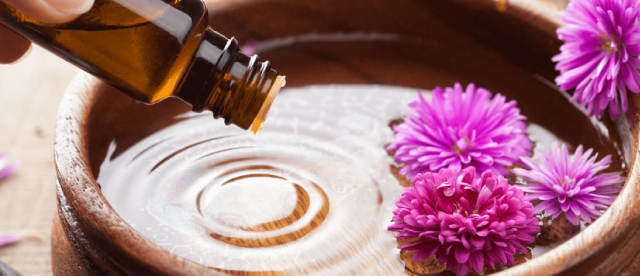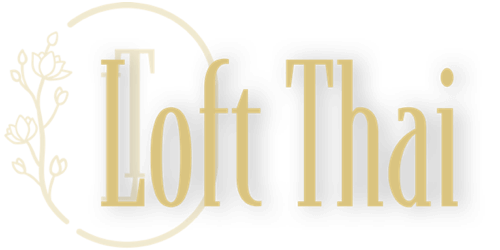
Since they have long been utilized for therapeutic purposes, aromatherapy and essential oils are becoming more and more well-liked nowadays. Aromatherapy and essential oils have a wide range of possible advantages, from lowering tension and anxiety to encouraging relaxation and improved sleep. But what is the underlying science of these therapies, and how do they operate? This article will discuss the different applications of essential oils and aromatherapy for wellness and relaxation as well as the science behind these practices.
The Sense of Smell and Aromatherapy
The sense of smell is one of the main components of aromatherapy. The limbic system in the brain, which governs our emotions, memories, and instincts, is closely linked to our sense of smell. A particular scent can cause a variety of emotional reactions in us, ranging from peace and relaxation to enthusiasm and vigor.
Essential Oils and Their Benefits
The concentrated plant extracts used in aromatherapy are called essential oils. Every essential oil has a different chemical makeup that gives it a distinctive fragrance and therapeutic capabilities. Lavender, eucalyptus, peppermint, and lemon are some of the most well-liked essential oils used in aromatherapy.
Widespread use of lavender essential oil is due to its calming and relaxing effects. It has been demonstrated to lessen tension and anxiety, encourage sounder sleep, and ease headaches and migraines. Since eucalyptus essential oil is recognized to have respiratory advantages, it can be used to treat diseases including bronchitis and asthma. For its stimulating and invigorating effects, peppermint essential oil is frequently used to treat exhaustion and improve mental clarity. Because of its energizing and refreshing qualities, lemon essential oil is frequently used to improve mood and increase energy.
The Benefits of Aromatherapy
There are numerous potential advantages of aromatherapy for both physical and mental wellness. People who use essential oils in a variety of ways, including topical application, inhalation, and massage, report feeling less anxious and stressed out and sleeping better. Additionally, aromatherapy helps strengthen the immune system, enhance respiratory function, and relieve pain and suffering.
Aromatherapy and Essential Oils in Spa Treatments
As part of their wellness menus, several spas offer aromatherapy and essential oil treatments. One of the most well-liked applications of aromatherapy is massage treatment, which may be tailored to include a variety of essential oils depending on the client's tastes and needs. Using a diffuser or by simply putting the oils on the skin, inhalation therapy includes breathing in the aroma of the essential oils. Direct application of essential oils to the skin allows for absorption into the bloodstream and the delivery of localized benefits.
The power of scent and its relationship to our emotions, memories, and instincts are at the heart of the research underlying aromatherapy and essential oils. People can experience a variety of possible benefits for both physical and mental wellness by utilizing essential oils in various forms. Aromatherapy and essential oils can be a potent tool for reaching your goals, whether you're seeking for a solution to lower stress and anxiety, promote sleep, or uplift your mood.

